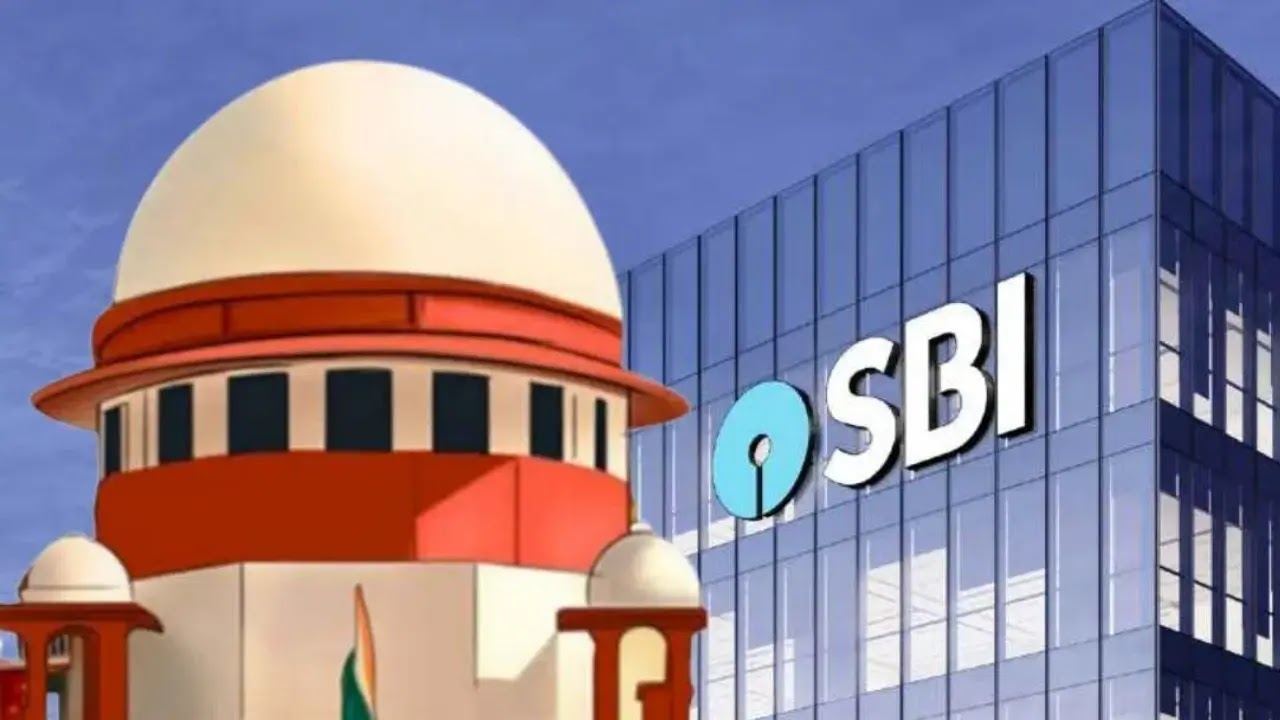SBI moves to Supreme Court seeking clarity on fraud accounts
State Bank of India (SBI), the country's largest public sector bank, has approached the Supreme Court seeking clarity on its liability for customer fraud cases. The bank is seeking guidance from the court on its obligations in the event of a fraud incident, particularly whether it can be held liable if the customer's account is hacked or if the customer has willingly provided sensitive information to a fraudster.
Background
Fraud cases have been a persistent problem for banks in India, with the rise of digital transactions and online banking making it easier for fraudsters to steal money from customers. While banks have implemented various security measures to prevent fraud, incidents still occur, and customers often bear the brunt of the losses.
SBI's move to seek guidance from the Supreme Court follows several instances of fraud at the bank, including a case in 2019 where $2 million was stolen from the bank through fraudulent SWIFT transactions. The bank has been taking steps to prevent fraud, including implementing a two-factor authentication process for online banking and mandating the use of biometric authentication for all transactions.
The case before the Supreme Court
In its petition to the Supreme Court, SBI is seeking clarity on whether it can be held liable for losses incurred by customers in fraud cases, particularly when the customer is found to have contributed to the fraud in some way. The bank has cited several cases where customers willingly provided sensitive information to fraudsters or failed to take necessary precautions to secure their accounts, leading to losses.
SBI has argued that in such cases, it should not be held liable for the customer's losses, as the customer has contributed to the fraud. The bank has also sought guidance on the legal liability of the customer in such cases.
The Supreme Court is expected to hear the case in the coming months and provide clarity on the bank's liability in fraud cases.
Impact on customers
The outcome of the case before the Supreme Court will have significant implications for bank customers in India. If the court rules in favor of SBI, it could mean that customers will be held responsible for any losses incurred as a result of their own negligence or contribution to a fraud incident.
However, if the court rules against SBI, it could mean that banks will be held responsible for losses incurred by customers in fraud cases, regardless of the customer's role in the incident. This could result in banks implementing stricter security measures and more robust fraud prevention mechanisms to protect their customers.
Conclusion
SBI's move to seek guidance from the Supreme Court on its liability in fraud cases is a significant development in the ongoing battle against fraud in India's banking system. While the outcome of the case remains to be seen, it is clear that banks will need to take more proactive measures to prevent fraud and protect their customers in the future. Customers, on the other hand, will need to remain vigilant and take necessary precautions to secure their accounts and personal information.


